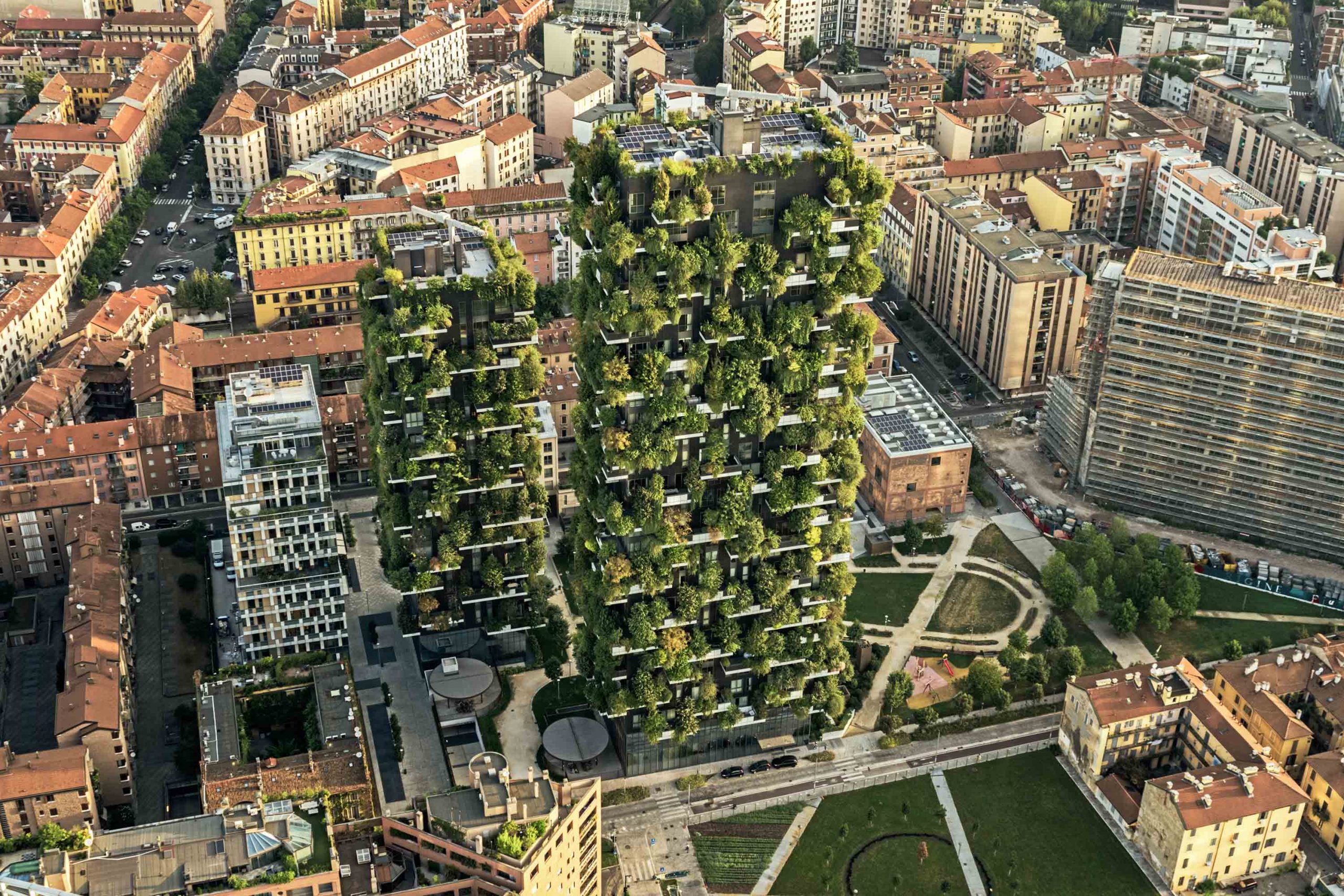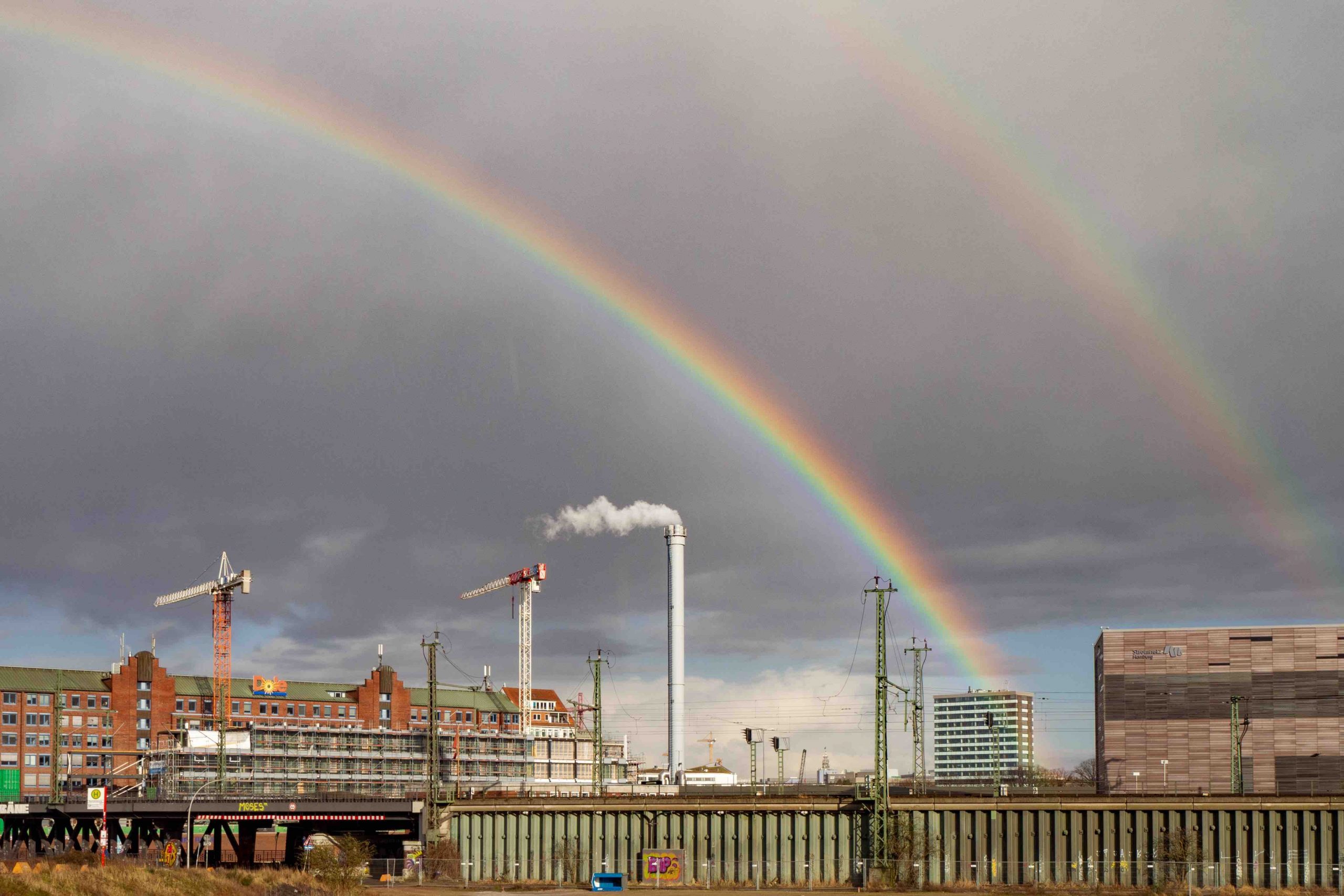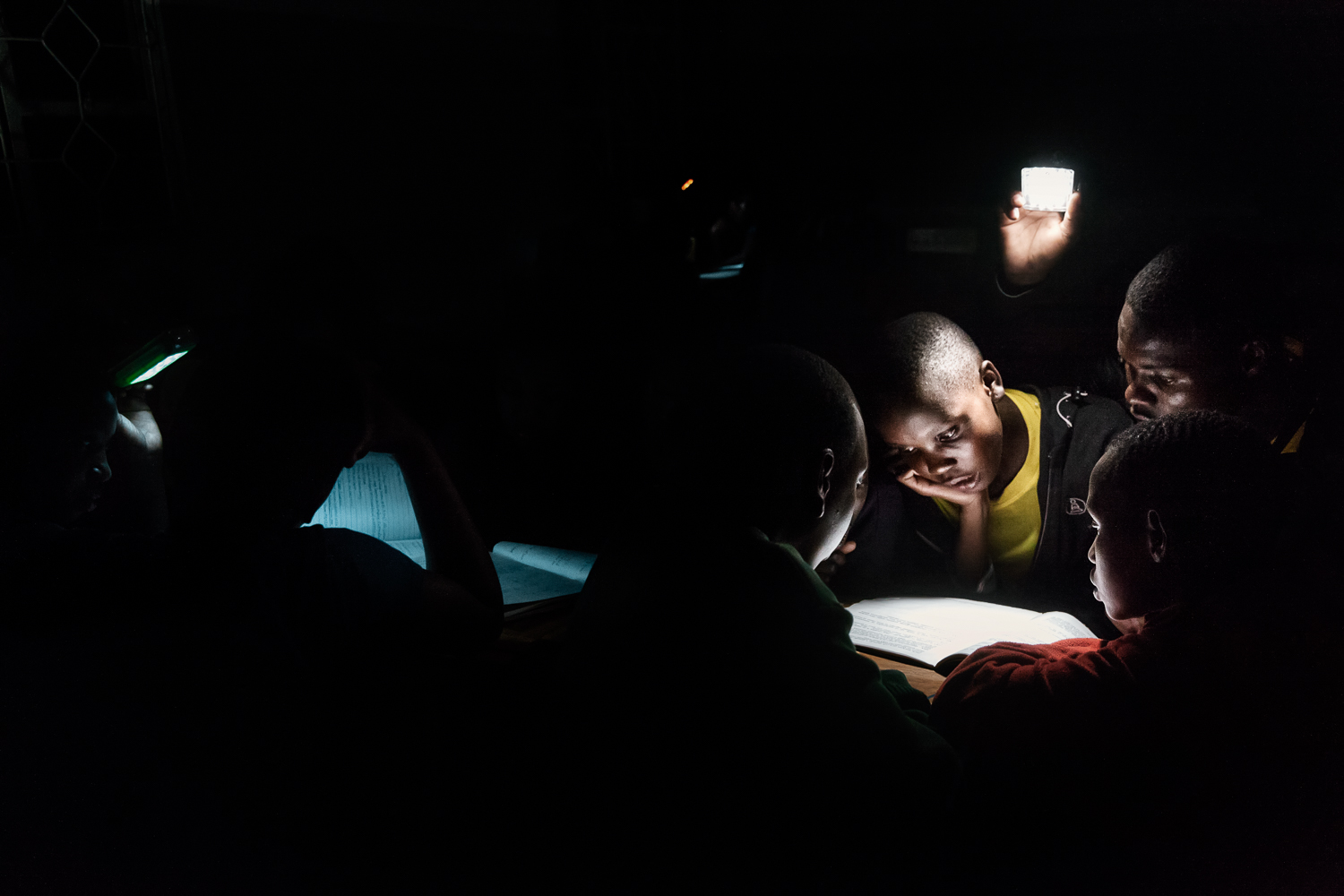As COP28 winds down, Giulia Galluccio discusses how this edition has laid the groundwork for COP29, highlighting the need for more investments, multilevel governance, and a focus on green jobs and the education system needed to fill them.
In one of the global summit’s side events, on the 11th of December, Galluccio held a roundtable discussion on FERS, providing a unique opportunity to learn about the school’s main objectives and the remarkable accomplishments of the past two years.
As of 2021, the FERS educational program comprised four high-level scientific courses covering diverse multidisciplinary subjects. These courses encompassed topics such as Water Resources, Land Use and Forestry, Adaptation and Sustainable Risk Management, Machine Learning and Data Science for Climate Research, and Sea Level Rise for Coastal Adaptation.
The relevance of these subjects facilitated meaningful and fruitful conversations on upcoming global challenges among young researchers and international faculty throughout the two-week courses. At the same time, it also enabled the involvement of non-academic actors, enriching the discussion with perspectives from those who deal with strategic planning and implementation of adaptation measures on a daily basis – policy-makers and the private sector.
From its goal of creating a global network of researchers to its commitment to providing equal opportunities to students, “FERS brings together young talents approaching climate research from different angles and perspectives, who thus have the unique opportunity to forge their community and networks through this school and benefit from a fruitful and continuous knowledge exchange with other peers coming from various parts of the world,” says Galluccio.
“It’s indisputable that new skills are required, we need individuals who can advance and create new visions for a future that is undergoing transformative change.”
What outcomes can we expect from COP28?
COP28 isn’t likely to generate significant outcomes in terms of global policies, but it will surely provide inputs and signal issues setting the groundwork for the upcoming COP editions.
Indeed, the foundational elements to build an international agreement on climate transition have already emerged in the first week of COP28.
First, there’s a significant issue concerning the necessary investments for combating climate change, particularly in developing countries. COP28 began with promising commitments in this regard, but bigger and more structured investments in developed economies are also needed. Furthermore, the resources allocated by the public sector might not be sufficient. Hence it is important to mobilize the private sector as well.
Secondly, the need for multi-level governance approaches is clearer than ever. Such a need goes beyond commitments and resources at the national level: it’s crucial to make commitments and invest resources at the local level: this week a cities-focused agreement was reached. During the second Ministerial Summit on Urbanization and Climate Change, a declaration was signed to increase the involvement of cities in the decision-making process regarding climate change. The Local Climate Action Summit hosted over 250 mayors and governors and mobilized 467 million dollars for urban climate action.
Do both these themes also relate to the issue of Green Jobs and educating the future labor force?
When it comes to Green Jobs and education, involving governance at a national level means creating new skills that need to be instilled across all sectors of the labor market and society. New skills are required and we need individuals that are able to advance and create new visions for a future fit to undergo transformative change. This involves training professionals to have a comprehensive background and the ability to establish interconnections to communicate their own specialized fields of research with other areas of science, therefore providing more cross-cutting and interdisciplinary solutions to the ongoing climate change related challenges.
Simply put, it means doing things differently from how they were being done before. And, of course, the issue of new skills cannot be separated from the topic of education. Education needs to be tailored to meet these demands, which is what we aim to do at FERS.
What kind of students attend FERS?
FERS targets future young researchers. The most important and beautiful aspect of this initiative is the aim to create a new community of researchers. Each FERS course brings together talented individuals approaching climate research with different experiences and perspectives, ranging from natural to social sciences. This has led to the creation of a community through the school and allowed the students to engage in exchanges with other peers coming from various parts of the world.
Over the course of two years, we’ve conducted 352 hours of high-level scientific training, involving around 70 students from 24 different countries. Approximately 60% of them are from Europe, and the rest are split evenly between North America, South America, Africa, and Asia. This truly connects a new generation to major research themes, making them the future community that can engage in dialogue with different cultures, experiences, and backgrounds.
Could you explain the connection between Green Jobs and Just Transition?
The concept of social justice is encompassed in our legal frameworks and democracies, which also sets our way of envisioning development in broader socio-economic and long-term timescale contexts. Moreover, the Italian Constitution also recently included the concept of intergenerational justice notably regarding the protection of the environment, biodiversity and ecosystems on behalf of the future generations’ interests.
Aiming to foster theoretical discussions and practical achievements on just transition issues, FERS has been covering topics that are important both for the hard sciences and for the design of socio-economic policies that target fair social transformation towards green jobs.
To keep aligned with the just transition debate, in the upcoming editions, we intend to approach key subjects such as climate adaptation finance, and climate law and litigation.
Last but not least, education plays a pivotal role as a powerful tool in achieving a world that is more inclusive and equitable. For instance, FERS provides fee exemptions and other financial support to students in need, therefore ensuring inclusiveness and representation of non-Western countries in the school. This initiative expands opportunities for young researchers worldwide: at FERS, the diversity of backgrounds represents a high value when it comes to finding solutions to global challenges that require local actions. Creating knowledge to diversify the future workforce and cultivating skills tailored to local challenges undeniably enhances the just transition process. .
In what ways has COP28 provided a platform to talk about education?
For us, COP28 is an opportunity to promote FERS internationally. I’m very pleased because we had the chance to bring some students who participated in our courses to COP28, even if remotely. This also provides an environment for brainstorming and designing future activities.
Cover picture: FERS – Future Earth Research School students at the end of the forth course on Sea Level Rise and Coastal Adaptation.






